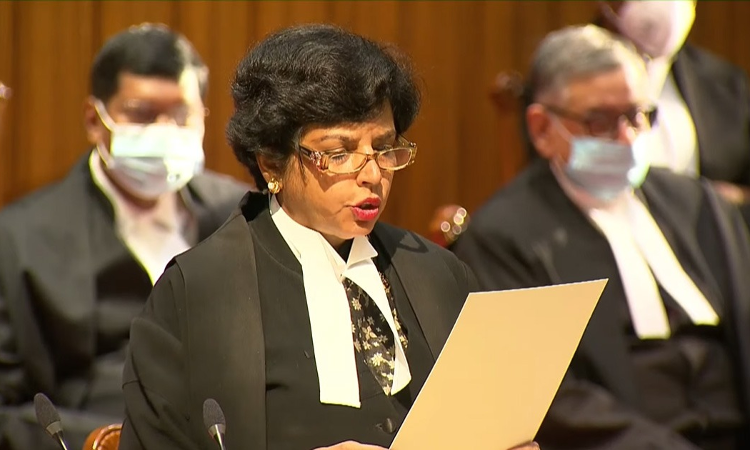'Mediators Are Peacemakers' : Justice Hima Kohli At Judges Conclave On Mediation Education
Sohini Chowdhury
28 Nov 2021 2:10 PM IST

Next Story
28 Nov 2021 2:10 PM IST
On 27th November, 2021, Justice Hima Kohli, Supreme Court judge, unveiled the 'Mediation Compendium' at the 1st Judges Conclave on Mediation Education organised by the illustrious E-Mediation Writings (EMW). Briefly outlining the contents of the book, which is the first book on the mediation curriculum to be recommended by the Bar Council of India for LLB courses, she referred to...
